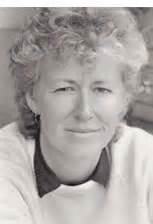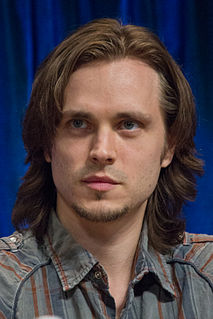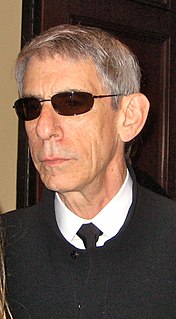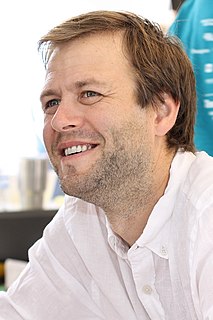A Quote by Gilbert K. Chesterton
Truth is sacred; and if you tell the truth too often nobody will believe it.
Related Quotes
I have already related to you great and admirable things; but, if you might be induced to adventure upon the hazard of believing some other divinity of this sacred Pantagruelion, I very willingly would tell it you. Believe it, if you will, or otherwise, believe it not, I care not which of them you do, they are both alike to me. It shall be sufficient for my purpose to have told you the truth, and the truth I will tell you.
Sometimes I don't tell the truth, which is telling the truth about not telling the truth. I think people don't tell the truth when they're afraid that something bad's going to happen if they tell the truth. I say things all the time that I could really get into trouble for, but they kind of blow over.
It is too often believed that a person in his progress towards perfection passes from error to truth; that when he passes on from one thought to another, he must necessarily reject the first. But no error can lead to truth. The soul passing through its different stages goes from truth to truth, and each stage is true; it goes from lower truth to higher truth.
It is not given to man to know the whole Truth. His duty lies in living up to the truth as he sees it, and in doing so, to resort to the purest means, i.e., to non-violence. God alone knows absolute truth. Therefore, I have often said, Truth is God. It follows that man, a finite being, cannot know absolute truth. Nobody in this world possesses absolute truth. This is God's attribute alone. Relative truth is all we know. Therefore, we can only follow the truth as we see it. Such pursuit of truth cannot lead anyone astray.
In representing criminal defendants - especially guilty ones - it is often necessary to take the offensive against the government: to put the government on trial for its misconduct. In law, as in sports, the best defense is often a good offense. The courtroom oath - to tell the truth, the whole truth and nothing but the truth - is applicable only to witnesses... because the American justice system is built on a foundation of not telling the whole entire truth.
Truth indeed is sacred; but, as Pilate said, "What is truth?" Show us the undoubted infallible criterion of absolute truth, and we will hold it as a sacred inviolable thing. But in the absence of that infallible criterion, we have all an equal right to grope about in our search of it, and no body and no school nor clique must be allowed to set up a standard of orthodoxy which shall bar the freedom of scientific inquiry.
It’s not enough to be able to lie with a straight face; anybody with enough gall to raise on a busted flush can do that. The first way to lie artistically is to tell the truth — but not all of it. The second way involves telling the truth, too, but is harder: Tell the exact truth and maybe all of it…but tell it so unconvincingly that your listener is sure you are lying.






































